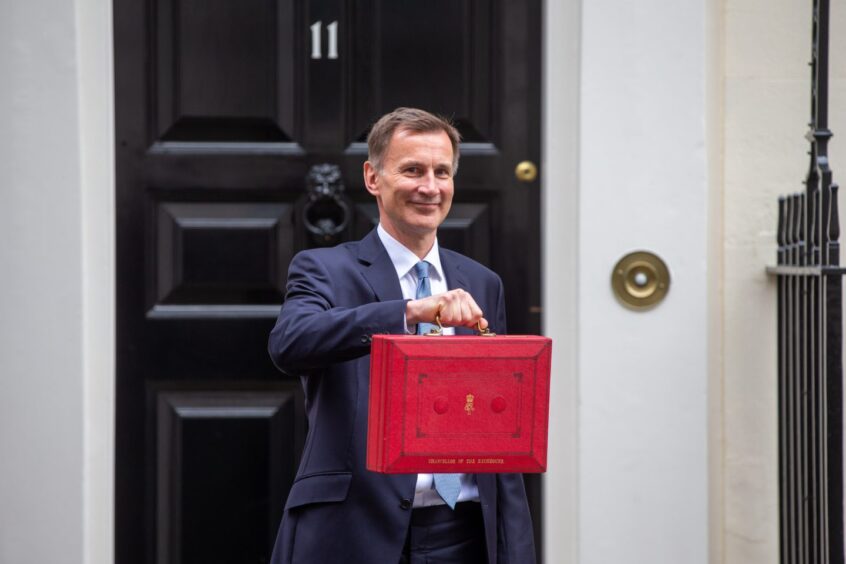Chancellor Jeremy Hunt may not have pulled any rabbits out of the hat in this year’s Spring Budget but there is still a lot to unpack when it comes to people’s personal finances.
Let’s take a look at some of the main announcements and what these could mean for you and your money.
Impact of National Insurance cut
There are advantages and disadvantages to the chancellor’s decision to cut National Insurance (NI) by a further 2%, instead of reducing income tax.
It is aimed at boosting people in work, rather than those receiving income from elsewhere.
But some reports have since pointed out this does nothing for the growing number of pensioners paying income tax as a result of fiscal drag. This is where freezing tax thresholds leads to some people paying more tax due to inflation and earnings growth.
NI isn’t always well understood and it’s important to note in particular that a cut in NI contributions will not result in a cut to your future pension.
High income child benefit charge
There was a heavy focus on consultations in the Spring Budget.
Even eye-catching changes to the high income child benefit charge (HICBC) are subject to consultation.
But there are some interim changes which will be welcome news for many families who have felt the effects of soaring childcare costs in recent years. These include an increase to the threshold from £50,000 to £60,000 from April 2024, while the rate at which the HICBC is charged will also be halved.
This means someone with income between £60,000-£80,000 will now lose 1% of their child benefit for every £200 – previously £100 – of income they earn over the threshold.
New UK Isa
Although still at the very early stages of consultation, the basic idea behind the new UK individual savings accounts (Isa) is for a £5,000 addition to the existing £20,000 Isa allowance for people to invest in British-focused assets.
While the UK Isa would on the one hand boost the tax-free allowance, on the other it could also result in people having less flexibility and fewer options over where and how their money is invested.
It will be interesting to see if and how these potential challenges are addressed as the consultation progresses.
In other UK investment focused announcements, there will also be a new British Savings Bond from NS&I, available from April 2024.
Property
The higher rate of capital gains tax paid on the profits from selling a non-permanent residence, such as a holiday let or second home, has been cut from 28% to 24% from April.
Although only impacting a relatively small number of people, the UK Government hopes this move will push landlords to sell and help others get on the property ladder.
First time buyers may also be encouraged by the additional announcement to scrap tax breaks for the owners of holiday let properties.
‘Non-domiciled’ tax status
“Non-domiciled” tax status applies to people based in the UK but registered as living overseas for tax reasons,.
It is being abolished from April 2025. Going forward, new arrivals won’t have to pay UK tax on foreign income for four years, after which time they will pay the same tax as all other UK residents.
Looking ahead
All of this does come with a potentially big caveat.
Given that a general-election is now on the horizon, there’s a possibility that some of the proposals and consultations – of which there were many – may never be finalised.
Of course, this depends on who forms the next government. In the meantime there is certainly plenty to digest from this year’s Spring Budget, with some immediate changes to come.
Russell Anderson is an independent financial adviser at Aberdein Considine Wealth.



Conversation